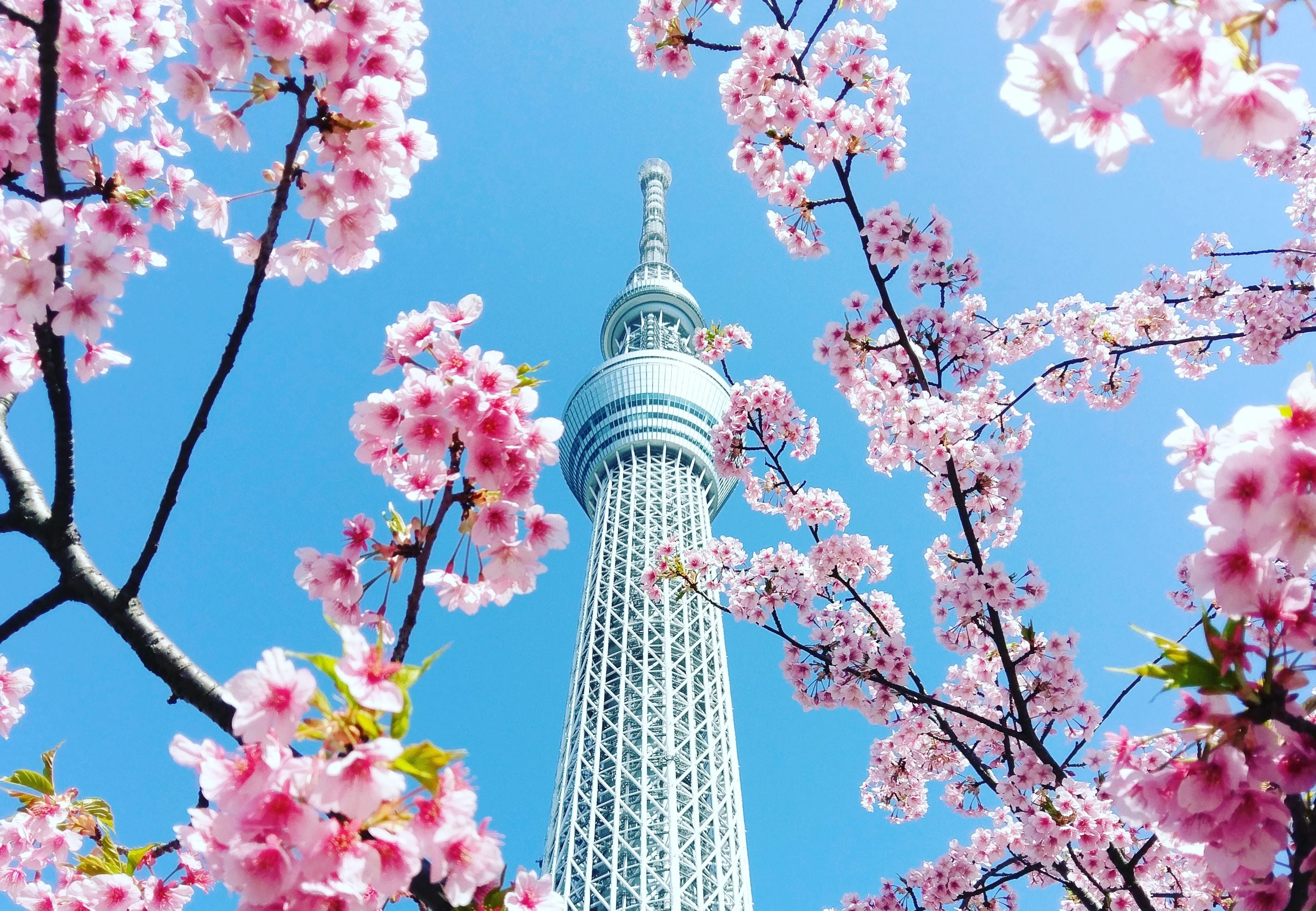
Puzzle Monday: What’s in a (Japanese) Name?
Among our crosswords and other puzzles, we’ll be featuring linguistic challenges from around the world from puzzle aficionado and writer Alex Bellos. A PDF of the puzzle, as well as the solution, can be downloaded below.
Do you read Murakami? Or drive a Honda? Invest with Nomura?
But do you have any idea what these well-known Japanese names mean?
In Japanese, proper nouns often consist of two parts that describe a geographical feature. Many languages, including English, have a similar construction: think Portland, Springfield, Hollywood.

The Japanese names mentioned above are also two-part geographical descriptions. For this week’s puzzle we’re going to give you 17 Japanese proper nouns—including the three above—and 17 translations. With logical deduction, some practical sense, and very, very little knowledge of Japan, you’re going to be able to connect them.
Here are the 17 Japanese proper nouns:
- Ōta
- Nakayama
- Kigawa
- Kazan
- Murakami
- Kagawa
- Ono
- Fujisan
- Nomura
- Tanaka
- Sakuragi
- Nihon
- Ōsaka
- Yamazaka
- Kawakami
- Honda
- Yamamichi
And here are their literal translations in English, in random order:
- Big slope
- Tree river
- Slope of the mountain
- Field village
- Upper village
- Upper river
- Middle of the rice-field
- Little field
- Middle mountain
- Original rice-field
- Mountain road
- Cherry tree
- Fire mount (volcano)
- Big rice-field
- Mount Fuji
- Fire river
- Origin of the sun (Japan)
Your task is to match them up!

To do that you should start by scanning the proper nouns and translations for patterns and repeated elements. Note that the order of Japanese words and their English translations is not always the same. You may also notice that consonant sounds sometimes change slightly when two elements of a compound word combine: an “s” may become a “z,” or a “t” may become a “d.” A couple of hints: “mount” and “mountain” are different words in Japanese. So are “field” and “rice-field.” And if you know the Japanese word for “Japan,” you get that one for free.
Source: Harold Somers, All Ireland Linguistics Olympiad 2015

Stumped? Download the solution, with all the logical steps to get there!










Follow us on Twitter to get the latest on the world's hidden wonders.
Like us on Facebook to get the latest on the world's hidden wonders.
Follow us on Twitter Like us on Facebook